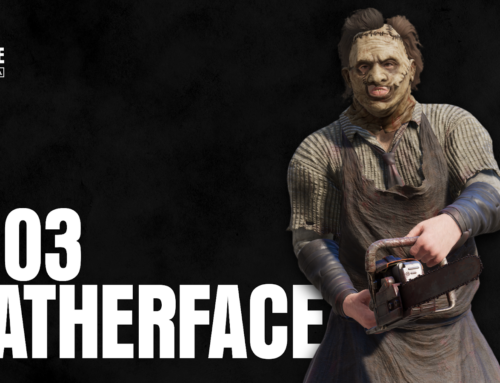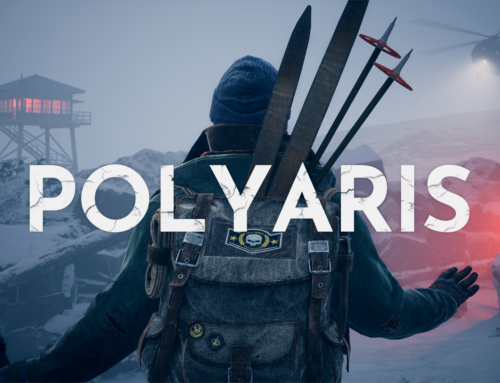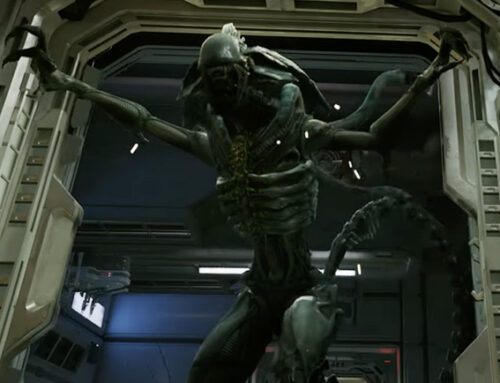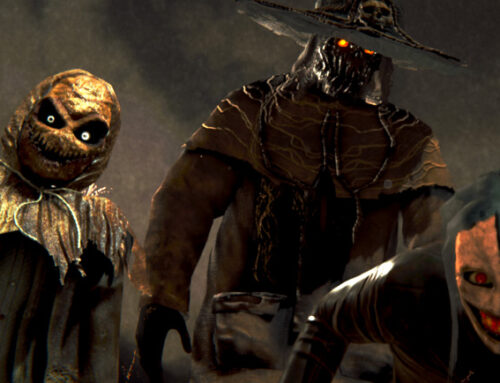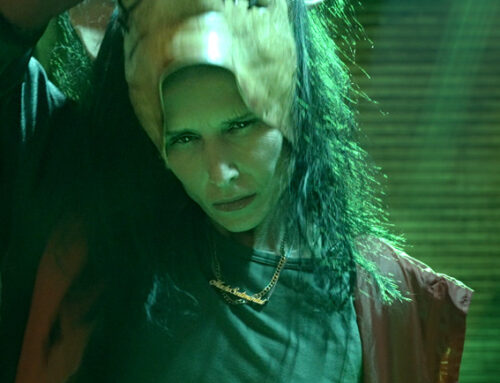Taking its name from John Milton’s epic poem, Paradise Lost is a narrative-focused adventure game. The game fits nicely in the subgenre of walking simulators, with simple mechanics, an eerie atmosphere, and a strong plot. I reviewed the PS4 version, but it’s also available on Steam, Nintendo Switch, PS5, and X-Box Series X, making it readily accessible to most gamers.
PLOT:
Paradise Lost takes place in an alternate timeline where the United States never entered World War II, causing the war between Germany and Russia to stretch on for decades. It follows a boy named Szymon who descends into a city-sized Nazi fallout shelter following the death of his mother. As Szymon explores this seemingly abandoned city its history unfolds through documents, objects, settings, and audio recordings. Szymon’s own story quickly becomes entwined with the mysterious woman Ewe, who communicates with him through the shelter’s intercom system. This relationship forms the emotional core of the game, with frequent dialogue exchanges moving Szymon and Ewe’s character arcs forward.
GAMEPLAY:
The gameplay is very simple, mostly consisting of walking through various environments and interacting with objects. There are a few simple puzzles, but generally, the gameplay is all about exploration.
PROS:
Atmosphere and worldbuilding are where Paradise Lost shines. Many of the environments are genuinely awe-inspiring and distinct enough that exploring them is more than enough to sustain the game. It also helps that the documents and audio logs unveil a genuinely interesting alternate history. Changing the outcome of World War II is a common alternate history plotline, but Paradise Lost manages to infuse it with enough sci-fi, historic detail, and Slavic mythology to feel genuinely fresh.
The relationship between Szymon and Ewe is another high point for the game. Dialogue choices shape their interactions in ways that feel natural and are called back to down the line, making it feel like they have an actual impact on the relationship. The fact that uncovering certain information shifts what dialogue options you have helps to create a strong sense of immersion. Top all of that off with great dialogue and fantastic voice acting and you have a great central relationship.
CONS:
As strong as the narrative of Paradise Lost is it does have a couple of major pitfalls. The first is pacing. The game is at its best when you are exploring bigger-than-life set pieces full of collectibles. Unfortunately, between those setpieces are long stretches of boring service tunnels with little to interact with. However, the biggest narrative problem is that it fails to interrogate some of its most interesting concepts. The game is full of fascinating story elements like human computers, a post-apocalyptic cult, and Nazi super science. While all of these elements play a role in the game, none of them feel fleshed out in a satisfying way. The most egregious example of this is the game’s four endings. The choices you make are literally world-shaping in scope, yet they all play out in nearly identical fashion, utterly failing to give those choices a sense of consequence.
My experience with the game was also tainted by various technical problems. Objects frequently disappeared when I picked them up, a particularly problematic bug in a game that relies on these interactions for some of its biggest dramatic moments. It also crashed a half dozen times as I played through it. This made two areas entirely inaccessible, as the game would crash any time I entered them, which also locked me out of a side story entirely.
VERDICT:
Paradise Lost is a good game that feels frustratingly close to greatness. Nonetheless, at only $14.99 and available on every major platform, it’s well worth the price of admission.

